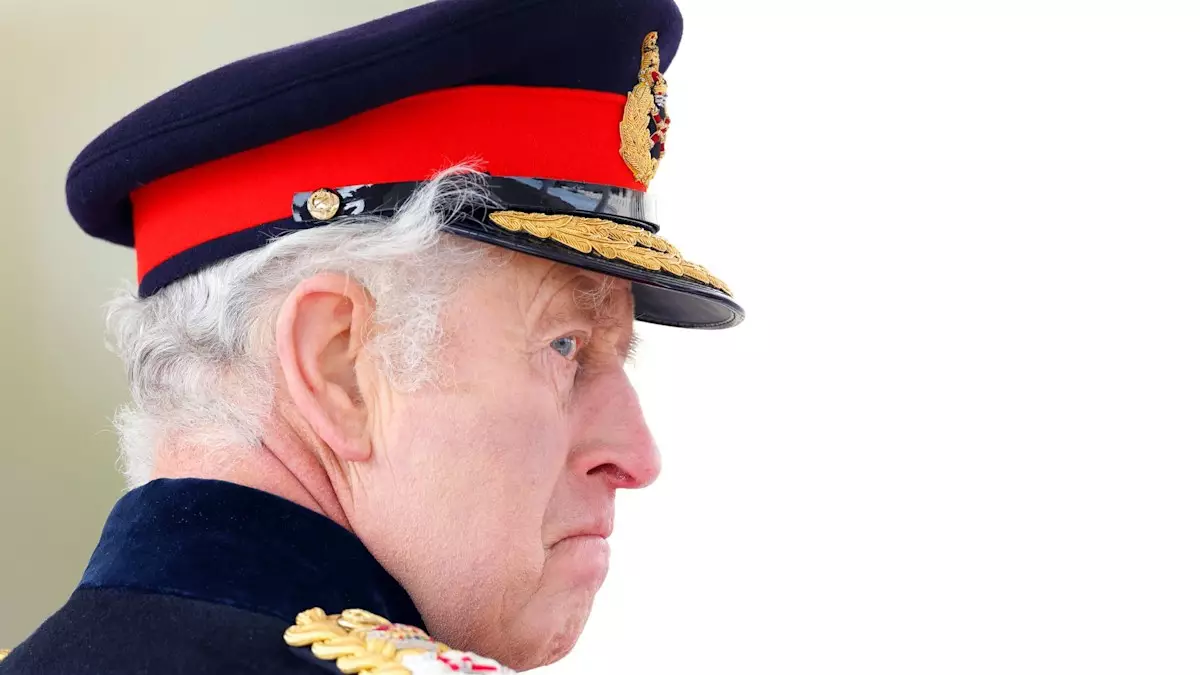In a surprising twist to his lifestyle, King Charles III has recently faced the necessity of adopting a daily practice he had long resisted: consuming lunch. Adding depth to his persona beyond royal duties, the King’s refusal to partake in a midday meal has emerged as a notable quirk, drawing comparisons with his late mother, Queen Elizabeth II, whose corgis were similarly iconic. The refusal to eat lunch was previously chronicled in a list of facts released for the King’s 70th birthday, further solidifying its place in the public consciousness. However, the recent diagnosis of cancer has necessitated a reevaluation of this habit, highlighting the often tumultuous relationship between health and personal preferences.
Since his cancer diagnosis earlier this year, King Charles has been under pressure from various parties—including his wife, Queen Camilla, medical professionals, and aides—to modify his eating patterns. The insistence on having lunch is not based on mere preference but on practical considerations of health and recovery. After a diagnosis that alters one’s outlook and necessitates a change in daily routines, it is essential for cancer patients to maintain strength and vitality through proper nutrition. The king’s initial reluctance has given way to a compromise for his midday meal, reportedly opting for a half avocado rather than a substantial meal. This shift reflects an understanding that traditional eating habits may need adjustment when faced with significant health challenges.
The relationship between diet and cancer treatment is as complex as the issues of royal life. While there is limited evidence directly linking specific foods to cancer survival, broad guidelines advocate for a balanced diet rich in essential nutrients. The NHS underscores the importance of varied nutrition during treatment to bolster immune function and overall well-being. This perspective illuminates the broader narrative surrounding King Charles’ dietary habits, highlighting how even royals are not exempt from the essential need to nourish their bodies adequately. The stark shift from skipping lunch to even minimal food intake denotes a profound recognition of food’s role not only as sustenance but as a vital component of health.
While lunch may be an emerging focus in King Charles’ dietary evolution, his peculiar tastes have long been a subject of fascination. A fondness for boiled eggs, for example, has found its way into popular media, indicating a blend of tradition and eccentricity that characterizes royal dining. Anecdotes shared by Tom Parker-Bowles, the King’s stepson, reveal further insights into royal eating habits, particularly the keen practice of recycling leftovers—transforming what could be waste into new meals. This detail not only reflects practical culinary habits but also serves as a reminder that even within royal confines, sustainability holds significance.
King Charles III’s dietary habits are evolving in light of his health, providing a unique glimpse into the intricate dance between personal preference, royal tradition, and medical necessity. As he navigates this new landscape, the King exemplifies the profound impact that health challenges can have on everyday life, even for those in the highest echelons of society.

